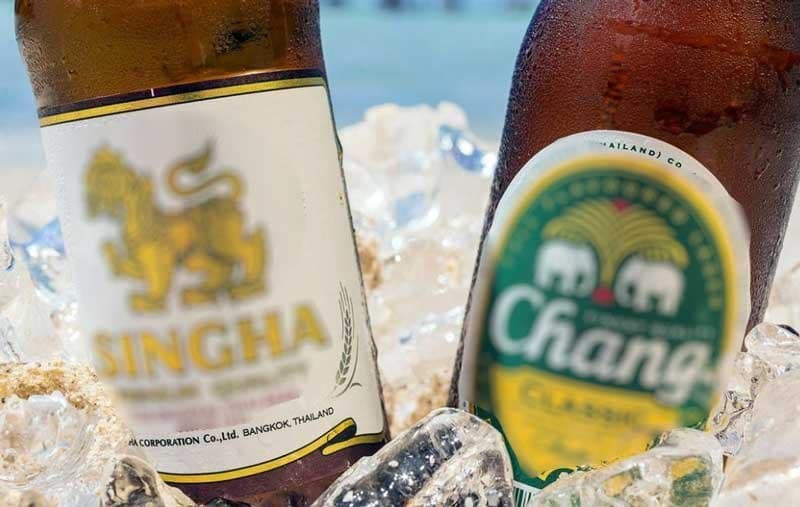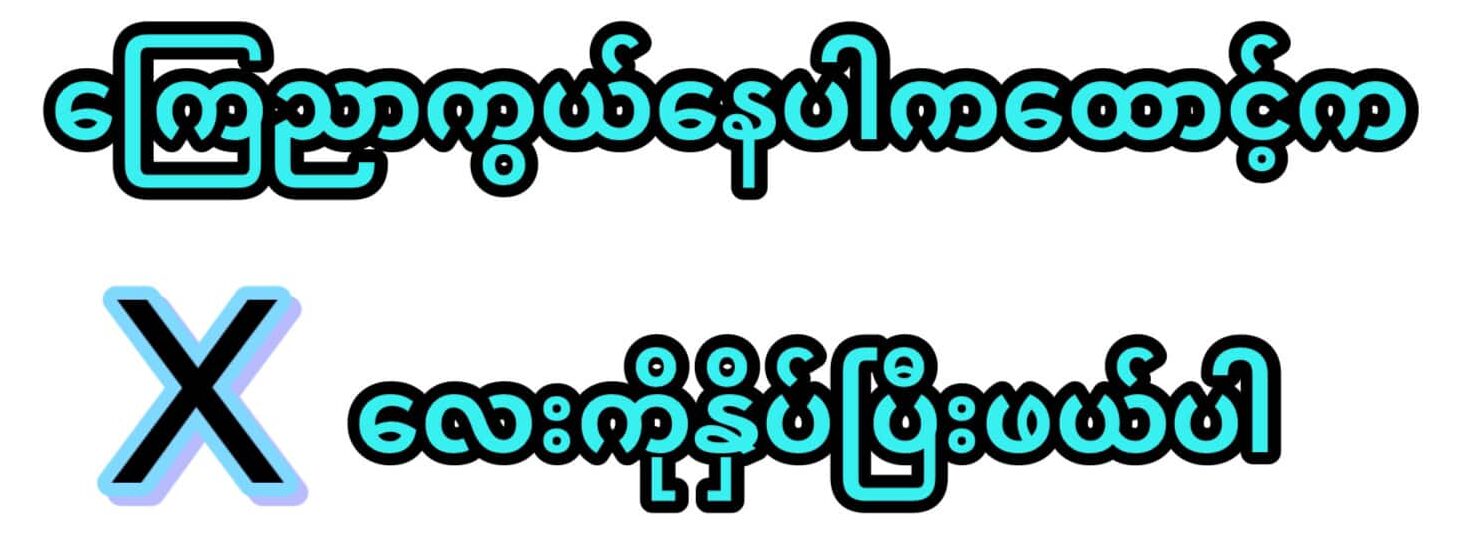The head of the excise department has unveiled a comprehensive plan aimed at rectifying existing tax loopholes. This strategy centers on the crucial restructuring of the excise tax framework concerning wine and beer. In order to realize this goal, a formal discourse involving private sector entities is currently underway, led by Ekniti Nitithanprapas. The objective is to establish a tax system that is equitable and appropriate, ensuring fairness across the board.
Notably, certain newly introduced beverages, including non-alcoholic beers, have been identified as slipping through the tax net despite recent adjustments in tax calculations – shifting from factory-based pricing to retail sales-oriented assessments. This oversight inadvertently subjects these beverages to taxation as if they were alcoholic, highlighting a critical flaw in the existing structure.
A trend has emerged within the Thai market involving the consumption of Korean soju, eliciting concern and scrutiny. This multi-process alcoholic beverage, undergoing both fermentation and distillation, is currently placed within the 10% tax bracket for fermented spirits. However, the imposed 20% tax on distilled spirits, barring rice whiskey, appears disproportionate. Ekniti contends that this relatively lower tax rate seems incongruous for such beverages.

Interestingly, even non-alcoholic drinks find themselves within the alcohol category, subject to minimal or no taxation. Addressing these issues mandates collaboration with key stakeholders from both the public and private sectors, with particular emphasis on the Ministry of Public Health. These partnerships are pivotal in successfully implementing the envisioned reforms.
Ekniti underscores the central objective of achieving a tax revision that embodies fairness, striking an equilibrium between the interests of all involved parties. Given the existing overlapping and potentially exploitative beverage tax system, Ekniti assures a crackdown on ongoing tax evasions. To this end, the excise department is poised to revise ministerial legislation, a crucial step in curbing emerging trends and addressing the present situation.
It’s worth noting that the Excise Department heavily relies on revenue generated from these taxes. In the fiscal year 2022, the department amassed a substantial 599 billion baht in revenue. Astonishingly, beer contributed a staggering 85 billion, ranking as the third highest source of tax revenue, trailing only behind taxes on petrol and automobiles. Alcoholic beverages occupied the fourth position, contributing 59.2 billion.
Moreover, an enhanced level of public participation will be actively sought in the oversight of tax payments related to beer and liquor. For further information, interested parties can visit the official website at http://www.excise.go.th/excise/index.htm.












Leave a Reply